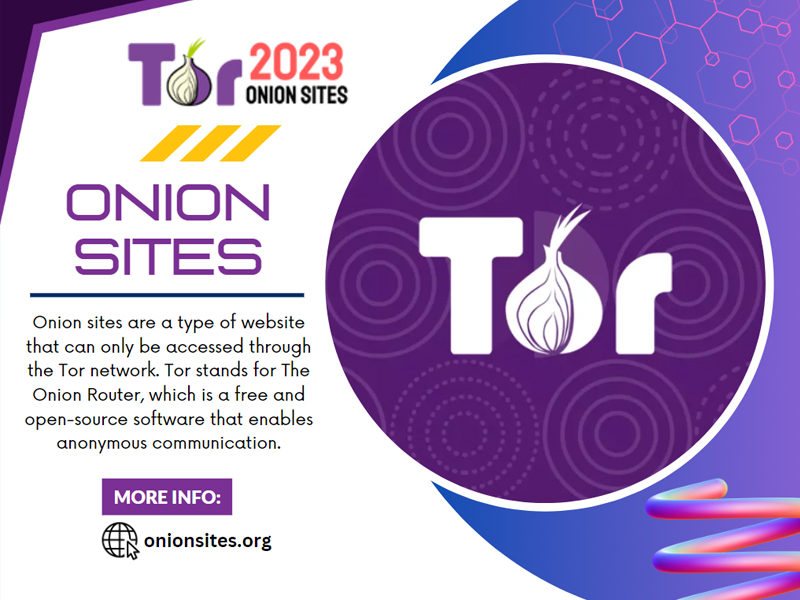Navigating The Dark Web: A Closer Look At Onion Sites And Digital Anonymity!
The internet is a vast space with billions of accessible websites. However, not all parts are easily visible. The Dark Web, hidden from search engines and accessed through specific software, offers anonymity that attracts many users.
Onion sites ending in .onion are accessible only through the Tor network. Let's explore their role in digital anonymity.
Understanding The Tor Network
To access onion sites, one needs to use the Tor network. Tor (The Onion Router) is a free and open-source software that allows users to browse the internet anonymously by routing their traffic through a series of servers worldwide. This process makes it difficult for anyone to trace a user's location or monitor their online activity.
The Tor network was initially created for secure communication by the US Navy and is now widely used by individuals, organizations, and journalists who require a high level of privacy.

It is also commonly associated with illegal activities on the Dark Web due to its anonymity features. However, it should be noted that many legitimate websites and services also use the Tor network.
What Are Onion Sites?
Onion sites, also known as hidden services, are websites that can only be accessed through the Tor network. The term "onion" refers to the layers of encryption used to protect the identity of both the user and the website. These sites have addresses ending in .onion instead of traditional domain names like .com or .org.
Onion sites are not indexed by search engines, making it challenging to find them without knowing their exact addresses. To access an onion site, a user needs to know its full address or obtain it from another source, such as a directory of onion sites.
The Role Of Onion Sites In Digital Anonymity
One of the main reasons for the popularity of Onion sites is their role in providing digital anonymity. When users access an onion site through the Tor network, their IP address and location are hidden, making it nearly impossible for anyone to track their online activity.
Onion sites also use end-to-end encryption, ensuring that only the sender and receiver can access the information exchanged on the website.
This feature is particularly useful for individuals or organizations that need to communicate sensitive information without the risk of interception.
Not All Onion Sites Are Illegal
While onion sites have gained a reputation for being associated with illegal activities, it is essential to note that not all onion sites are involved in illegal actions. Many legitimate websites and services use onion sites to provide users with an extra layer of privacy and security.
Conclusion
Onion sites are crucial in providing digital anonymity for users on the Dark Web. However, it is important to note that they are not inherently illegal, and many legitimate websites and services also use them.
The Tor network and onion sites offer a level of privacy that is not easily found on the surface web, making them attractive to users who value their online anonymity.
However, it is important to remember that while they can provide a sense of security, illegal activities are still prevalent on the Dark Web, and users should exercise caution when accessing onion sites.
